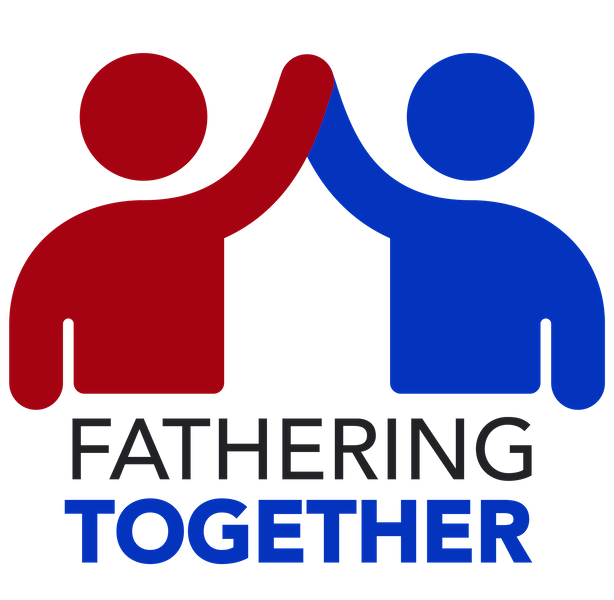Editor’s Note: Mental health issues are among the many things most people, men in particular, are reluctant to discuss. Former Boston Dads Group co-organizer James Mahaffey has no such fear. In this 2013 post from our archives, he writes frankly about the male postpartum depression he experienced following the birth of his daughter.

Once, possibly twice, during my first three months of parenthood, I found myself huddled in my home office, secretly and somewhat reluctantly shedding a tear in the dark. A very dignified and manly tear, that is. The kind that wells up and glosses over just the bottom half of the eye before stoically leaping like a cliff diver descending in a super quick, unquestionably deliberate, straight line down the cheek, never to be seen again.
This tear was brought on by a combination of things.
My newborn’s constant piercing screams.
The unexpected disagreements with her mother on what to do during those times.
My guilt for the occasional “bad” thought many parents have felt at some time but rarely admit.
I remember wondering if I was “depressed a little.” I had been feeling this way for longer than I cared to admit. It was a feeling I couldn’t seem to shake.
And, as a man, I didn’t necessarily know what to do except secretly cry in the dark.
It wasn’t until we were at the first post-birth checkup that I even thought about my manly tear incident again. Typically at this appointment, women fill out the Edinburgh Depression Scale to find out if they are experiencing “signs or symptoms associated with postpartum depression.” After reading the questions I started uncomfortably laughing. I began to feel like someone should be asking me the same questions.

I didn’t carry or give birth to a 7-pound human being. However, I have been there from day one and every day since our daughter was born. It’s not like the shrieks and cries of an inconsolable baby or the physically and emotionally draining late nights and resulting sleep deprivation were her mother’s to experience alone. I was up with her, helping out (and suffering just the same) as much as I could through all of those early tests of parenthood.
But maybe it wasn’t male postpartum depression I was experiencing. Maybe something else was going on inside of me. The first three months are one of those stages where I do believe certain mothers are better equipped than fathers to withstand the irritability of their newborn. CJ didn’t seem to be as emotionally affected as I was.
So when CJ was filling out the form, I made a column for myself next to her’s so I could also answer the questions. We went in and I, of course, made light of my little “cry for help” that manifested itself in the form of a drawn-in column on a post-partum questionnaire. She laughed a little, too. In fact, we all laughed and then we got back to focusing on CJ.
But should we have?
The issue is real. A 2010 study published in the Journal of the American Medical Association found that about 10 percent of fathers become depressed before or just after their baby is born. This is more than double the rate of depression in the general male population.
Men’s mental health is rarely discussed and is almost taboo in some scenarios. This is another reason why I grew a mustache in November to raise awareness and funds for the Movember movement. For two decades, the movement has raised funds and awareness to combat prostate and testicular cancer make people. In more recent years, Movember has added a special focus on mental health.
Please help others worse off than me. Raise awareness of paternal depression and keep an eye on your father friends, especially those with newborns. No dad needs to suffer in silence anymore.
About the author

After nearly being “shhh-ed” to death while his daughter napped, filmmaker James Mahaffey decided to vlog about his journey at “Becoming a Ninja: Freedom to Fatherhood,” where a version of this post originally appeared.
Male postpartum depression photo: © pololia / Adobe Stock.

Leave a Reply